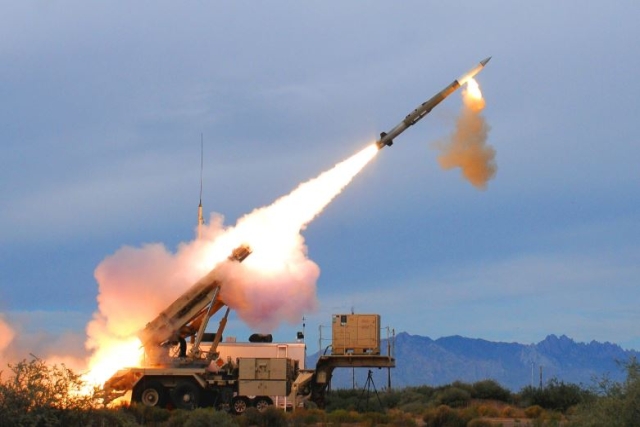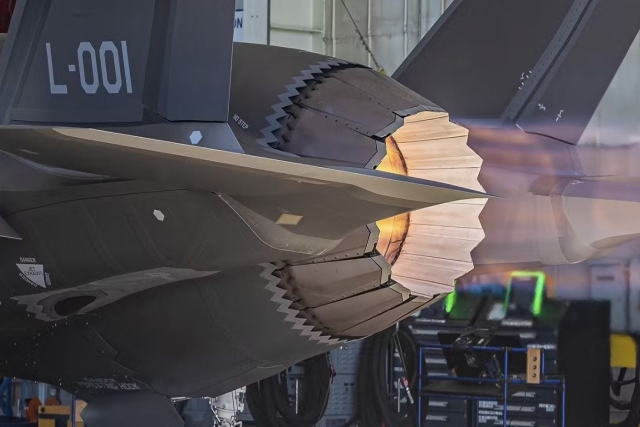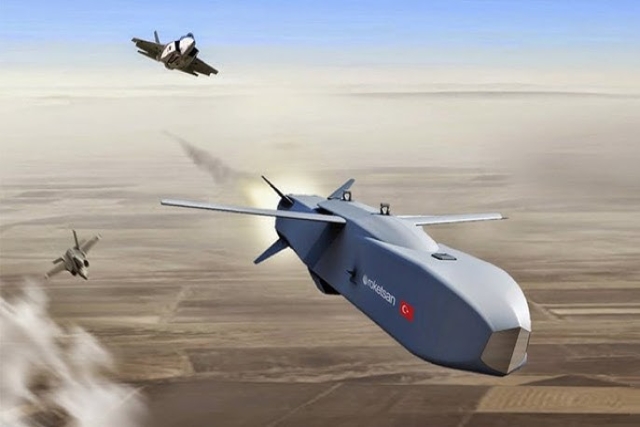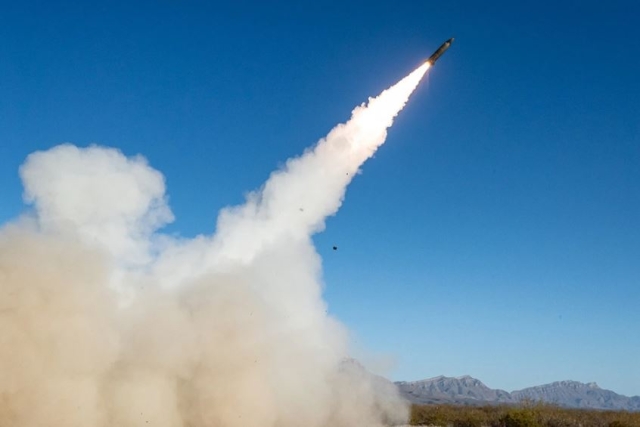South Korea to Deploy Homegrown Infrared Shielding Smoke Canisters in 2025
Smoke canisters block visible light and infrared rays to deceive enemies.
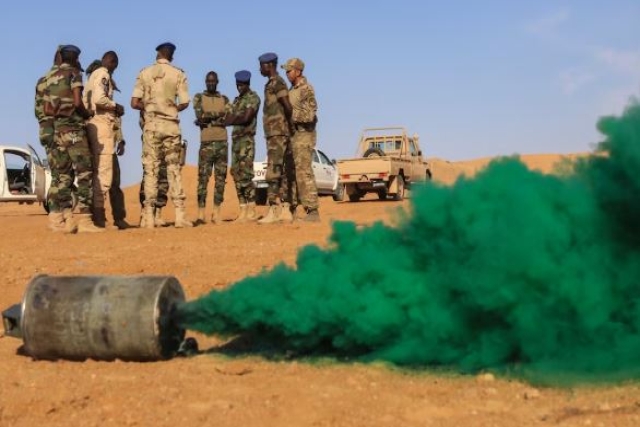
South Korea’s Defense Acquisition Program Administration (DAPA) signed a contract with Samyang Chemical Industry Co., Ltd. today for the mass production of ground and sea-based infrared shielding smoke canisters.
The contract, valued at KRW 7.5 billion ($5.6 million), covers a production timeline from 2024 to 2026.
Infrared shielding smoke canisters are designed to conceal military activities by blocking visible light and infrared rays, thereby deceiving enemy forces. This capability is expected to enhance the survivability of South Korean troops and maintain operational confidentiality.
For over 40 years, the KM5 white smoke canister and KM4A2 floating white smoke canister have protected South Korean forces from enemy detection. However, these earlier models could only block visible light, rendering them ineffective against infrared surveillance and guided weapons. The need for advanced infrared shielding prompted the development of a new canister in 2020, which has now entered mass production. Full-scale deployment will begin next year, DAPA said.
The newly developed smoke canisters utilize improved smoke agents that align with the safety standards of smoke canisters used in the United States and Germany. They have been verified as non-carcinogenic and low-toxicity, minimizing health risks to soldiers, civilians, and the environment. Additionally, the new design is lighter than previous models, allowing for quicker maneuvering and increased operational convenience. The durability of the canisters has also improved, enhancing both operability and storability.
Before deployment, the infrared shielding smoke canisters will undergo initial production inspections and field operation tests by the Defense Agency for Technology and Quality, as well as assessments by the military.
